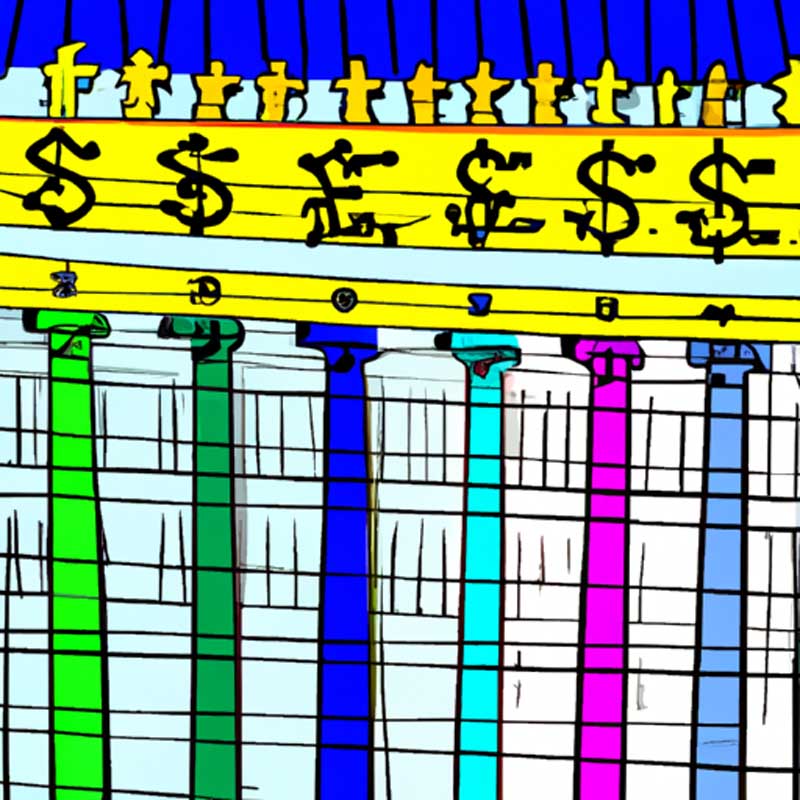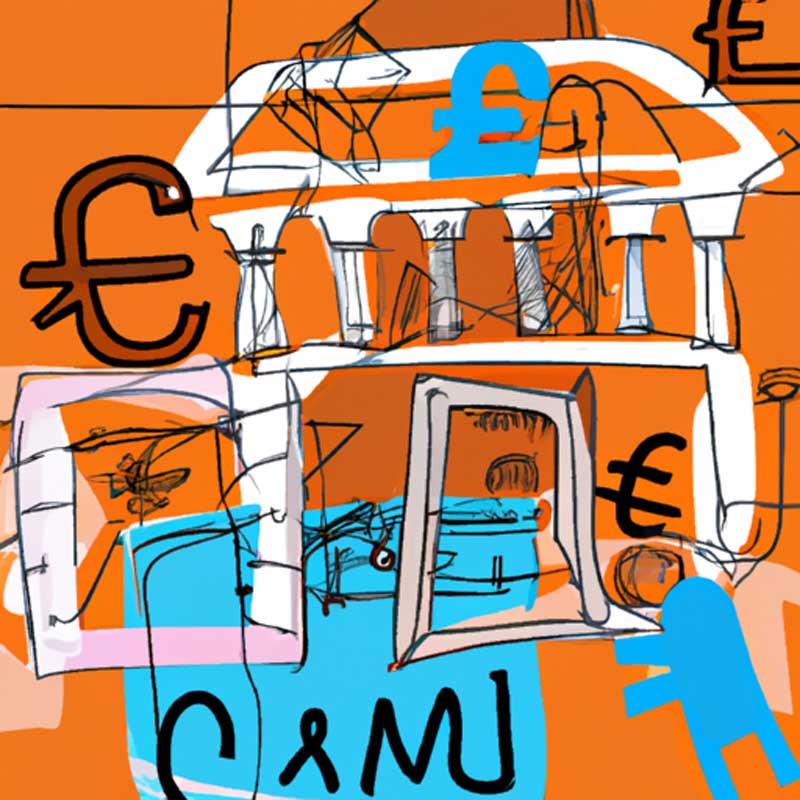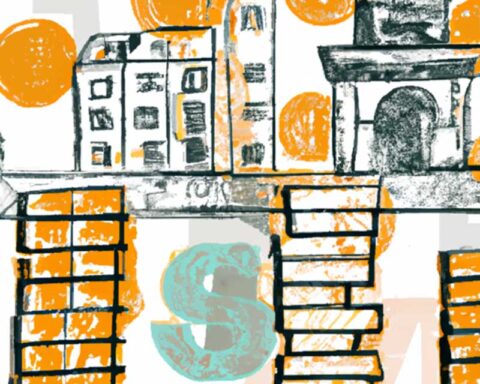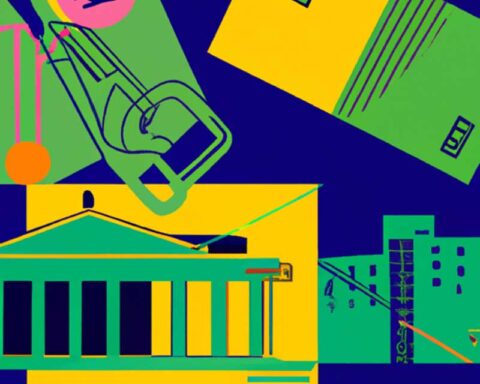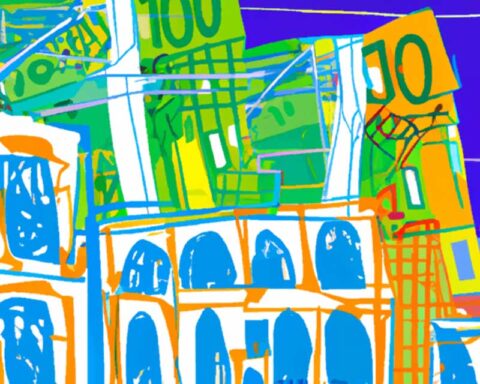In this article, titled “A Banker’s Case for Public Banking,” Malia Lazu argues that public banking is crucial for closing the racial wealth gap in the United States. Lazu presents public banks, owned by state and local governments, as a way to challenge the current financial systems that privilege white-owned firms and limit the wealth-building opportunities for people of color. Adopting public banking is a part of Lazu’s personal journey in trying to promote greater equity and inclusion in the financial industry.
Currently, the racial wealth gap is significant, as households of color earn about half as much as white households on average and hold only about 15 to 20% as much net wealth. Lazu argues that public banks can help to address this issue by providing banking services and credit programs that assist those who suffer the most harm from economic and natural disasters. The article highlights the success of the Bank of North Dakota, the only state-owned bank in the US, as an example of how public banks can benefit local economies and preserve small banks.
Lazu also mentions other examples of public banking initiatives, such as the efforts in Los Angeles, California, and Massachusetts, where the creation of public banks is being pursued to provide greater access to financial services for underbanked populations and to support economic growth. While there is some pushback against public banking from conservatives and capitalists who want to protect the status quo, Lazu argues that introducing more public banks is necessary to ensure that capital
